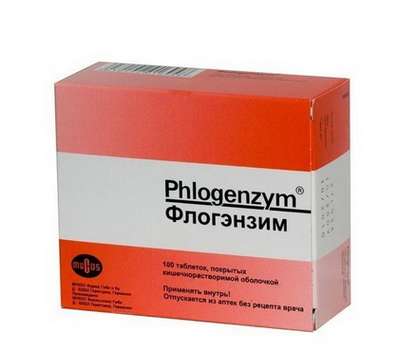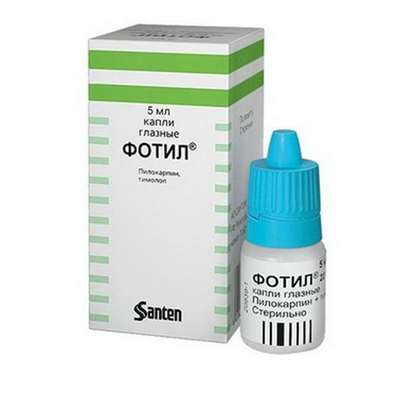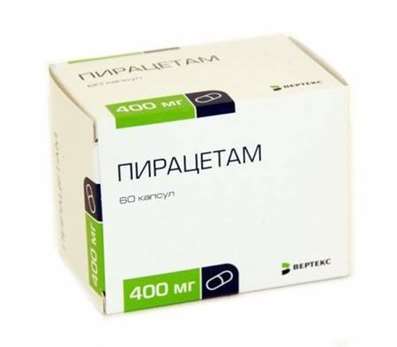Instruction for use: Quinagolide (Chinagolidum)
I want this, give me price
Chemical name:
(±) -N, N-Diethyl-N '- [(3R *, 4aR *, 10aS *) -1,2,3,4,4a, 5,10,10a-octahydro-6-hydroxy-1-propylbenzo [G] quinolin-3-yl] sulfamide (and as hydrochloride)
Pharmacological group
Hormones of the hypothalamus, pituitary gland, gonadotropins and their antagonists
Dopaminomimetics
Nosological classification (ICD-10)
E22.1 Hyperprolactinaemia
Hyperprolactinemia medication, Hyperprolactinaemia with infertility, Hyperprolactinemia in men, Hyperproduction of prolactin, Idiopathic hyperprolactinemia, Chiari-Frommel Syndrome, Forbes-Albright Syndrome, Tumor galactorrhea, Argonsa del Castillo Syndrome,Forbes-Albright Syndrome
CAS Code
87056-78-8
Pharmacology
The pharmacological action is hypoprolactinemic.
Excites dopamine D2-receptors and suppresses the secretion of prolactin. When ingested quickly and fairly fully absorbed. However, in connection with the effect of "first passage" through the liver, bioavailability is lower than expected. Binding to plasma proteins is 90%. The distribution volume is about 100 liters. Biotransformiruetsya in the liver by de-ethylation with the formation of inactive metabolites. 95% of the dose is excreted (mainly in the form of metabolites) by the kidneys and intestines. T1 / 2 - 11-12 hours.
The effect is proportional to the dose, but an increase in excess of 50 μg does not increase efficacy (although it prolongs it). Clinically significant decrease in prolactin level occurs 2 hours after administration, reaches a maximum after 4-6 hours and persists for 24 hours. With prolonged use, it can delay growth or promote involution of the pituitary adenoma.
Indications
Hyperprolactinaemia (including idiopathic or with micro- or macroadenoma of the pituitary gland) with galactorrhea, decreased libido, oligo- or amenorrhea, infertility.
Contraindications
Hypersensitivity, impaired liver function and / or kidney function.
Restrictions
Mental diseases (including in the anamnesis).
pregnancy and lactation
Experience with pregnancy is limited. In experimental studies, embryotoxic or teratogenic action is not established. At the onset of pregnancy, quinagolide should be discontinued, unless continuation of therapy is vital. With the abolition of quinagolide, there was no increase in the incidence of spontaneous abortions. In the event of pregnancy, a patient with pituitary adenoma and withdrawal of the drug is shown to be closely monitored throughout the pregnancy.
Since quinagolide suppresses lactation, breastfeeding, as a rule, is impossible. At preservation of a lactemia it is necessary to stop thoracal feeding (it is not known, whether quinagolide with chest milk is allocated).
Side effects
From the nervous system and sensory organs: headache, dizziness, drowsiness or insomnia, weakness, increased fatigue, acute psychosis (passing after drug withdrawal).
On the part of the intestine: nausea, vomiting, decreased appetite, abdominal pain, diarrhea, or constipation.
From the cardiovascular system and blood (blood, gemostaz): lowering blood pressure, orthostatic collapse.
Other: congestion of the facial skin, nasal congestion.
Interaction
Alcohol impairs the tolerability of quinagolide. LS, blocking dopamine receptors, reduce the action of quinagolide.
Overdose
Symptoms: nausea, vomiting, headache, dizziness, drowsiness, lowering blood pressure, collapse, hallucinations.
Treatment: symptomatic, with vomiting and hallucinations prescribe metoclopramide.
Routes of administration
Inside.
Precautions
In the early days, regular monitoring of blood pressure is indicated (orthostatic collapse is possible). If there is nausea and vomiting, 1 h before taking quinagolide, a blocker of peripheral dopaminergic receptors domperidone is taken. With caution apply during work drivers of vehicles and people whose profession is associated with increased concentration of attention.

 Cart
Cart





